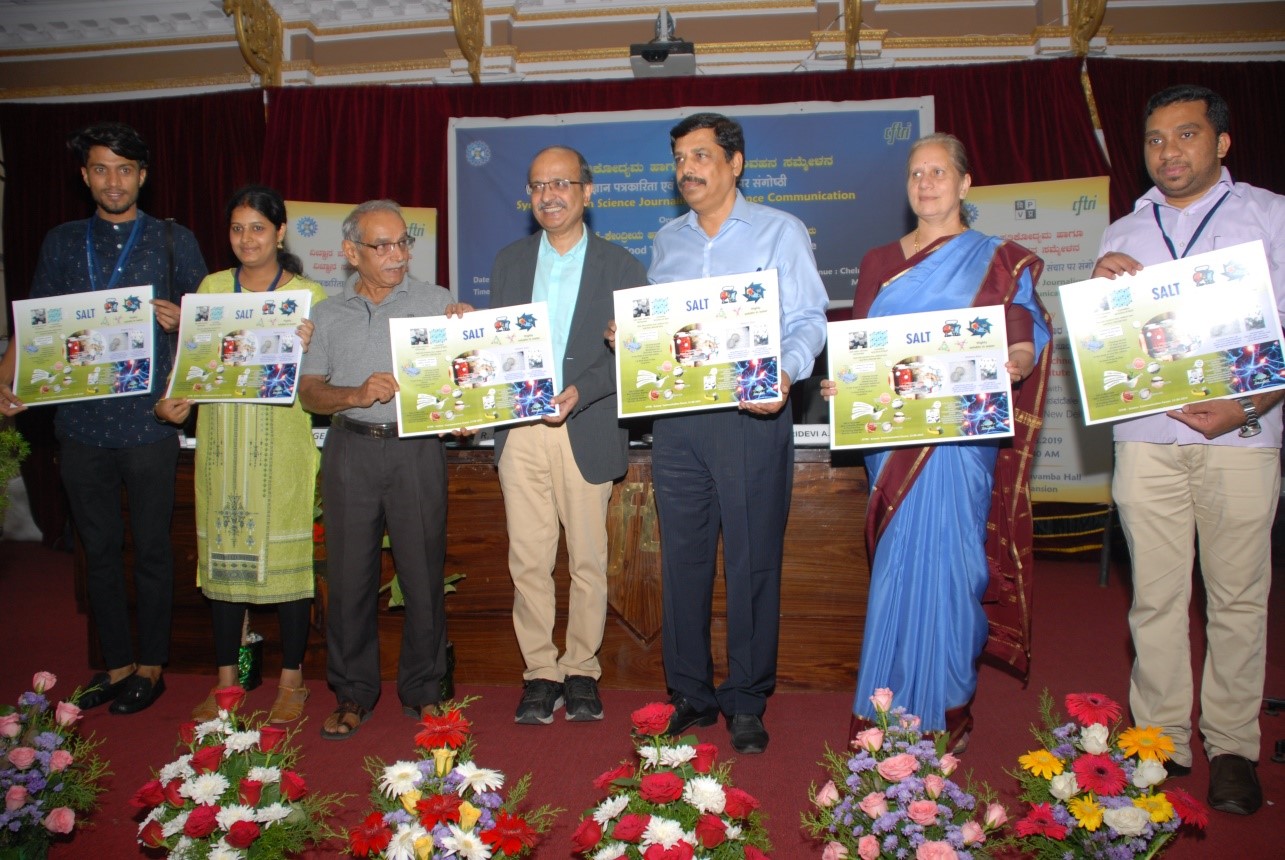
Researchers Have Designed a Tool for Autism Screening
- News
- 2.1K
Parents of children who may be suffering from autism are often unaware of its symptoms. In many cases, autism is misdiagnosed as mental retardation and attention deficit hyperactivity disorder. Early identification and interventions may help children with autistic disorders. To help this process, scientists have developed an Indian tool for screening children for autism.
A platform called Chandigarh Autism Screening Instrument (CASI), the questionnaire-based tool has been designed to help community health workers to carry out initial screening for autism. Many such tools are available in English language but a mere translation of such tools into Indian languages could be inconsistent and might convey a different message, thus eliciting inconsistent information. CASI is in Hindi and has been developed specifically for autism screening in North India.
Since labeling a child with autism will have lifelong consequences, the instrument used for screening should be reliable. The new tool has been field tested and found to have high reliability and specificity, say researchers from the Department of Psychiatry, Government Medical College, and Hospital, Chandigarh, who have developed it.
“There is no clear data on the prevalence of autism in India. One of the main reasons for this is the absence of screening tools that are developed in India. Many Western tools are there in the English language, but some are very costly to use. CASI can be used for carrying out surveys in general population,” explained Dr. Priti Arun, professor of psychiatry at the Government Medical College and Hospital, Chandigarh, while speaking to India Science Wire. The tool has been developed by her and Prof Bir Singh Chavan.
For diagnosis and measuring severity of autism, an Indian tool was developed in 2009 by the National Institute for Mentally Handicapped. It is called Indian Scale for Assessment of Autism (ISAA). It helps in quantifying the severity of autistic symptoms so as to enable measurement of associated disability. CASI will help in screening for autism.
“For India with its large population, locally developed instruments must be available to conduct the prevalence studies. Questionnaires developed in other languages and then translated become difficult to use,” the researchers pointed out.
In CASI, spoken Hindi has been used for framing questions and examples added wherever necessary. For instance, ‘does your child look at what you are pointing at, e.g. moon, bird, flower’; ‘does your child play imaginary games like talking on the phone, playing with dolls or setting up a toy shop’. For developing the tool, focused group discussions were held with psychiatrists and psychologists, and the tool was pilot tested among children with intellectual disability, children with autism and other developmental disorders, along with typically developing children.
Other experts in the field, however, remain cautious. “While the development of a new tool for screening for autism spectrum disorder (ASD) in Hindi is welcome, development of tools in this area should be governed by a new need or to fulfill a gap in existing tools,” felt Dr Nandini Chatterjee Singh (UNESCO Mahatma Gandhi Institute of Education for Peace and Sustainable Development, New Delhi).
“It is good that the researchers have tried out various steps systematically, but this instrument needs to be tested on a much larger sample before the claims can be verified. A very large part of the instrument has been developed for or ‘administered’ on specified health care professionals using basically only face validity thus restricting its generalization,” commented Prof. Smita Deshpande, head of the psychiatry department at the RML Hospital, New Delhi.
The results of the study have recently appeared in the Indian Journal of Medical Research, published by the Indian Council of Medical Research (ICMR). The study was funded by the Department of Health Research. (India Science Wire)
By Dinesh C Sharma
Journal Article
If you liked this article, then please subscribe to our YouTube Channel for the latest Science and Tech news. You can also find us on Twitter and Facebook.


